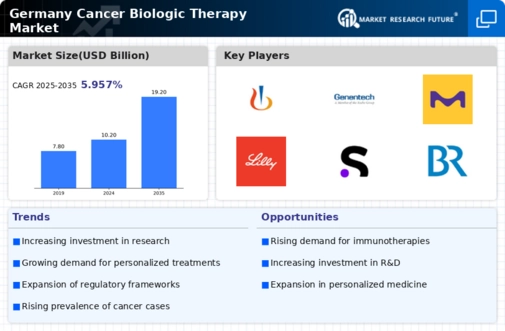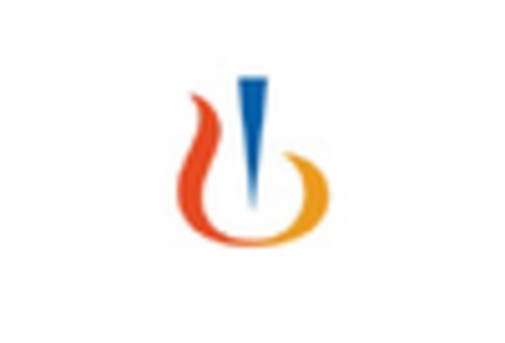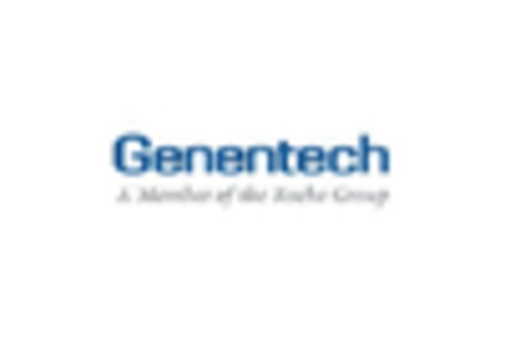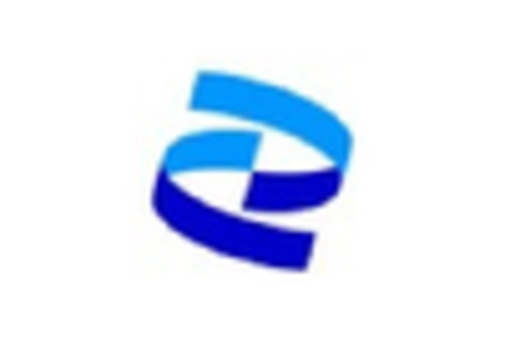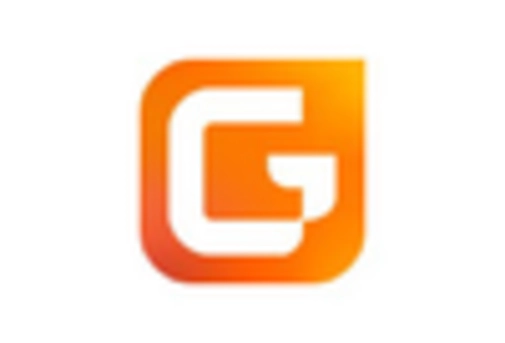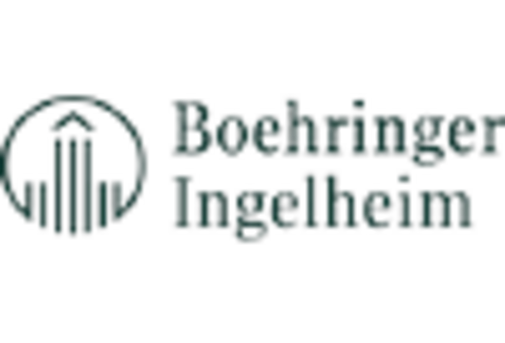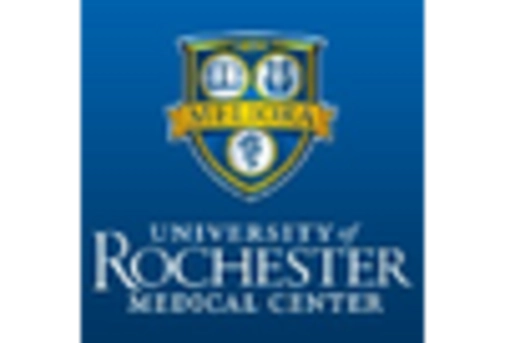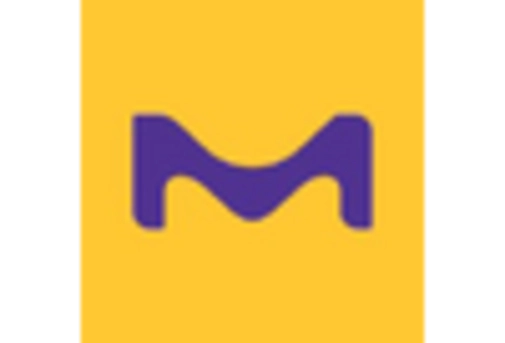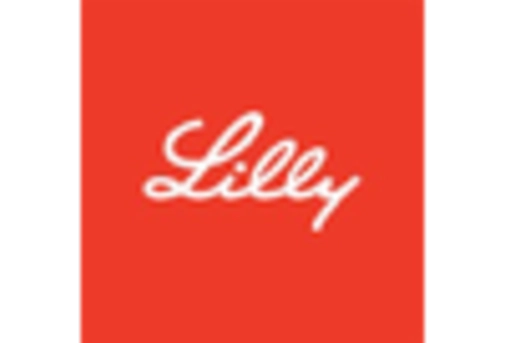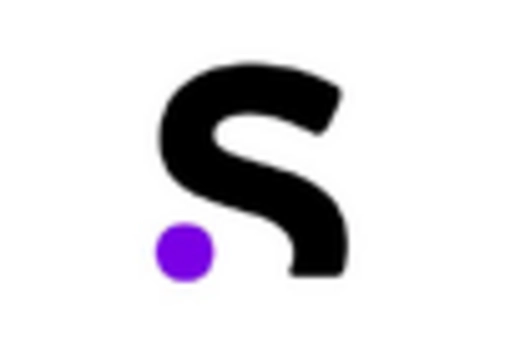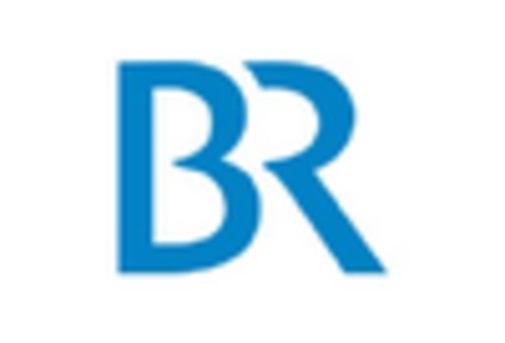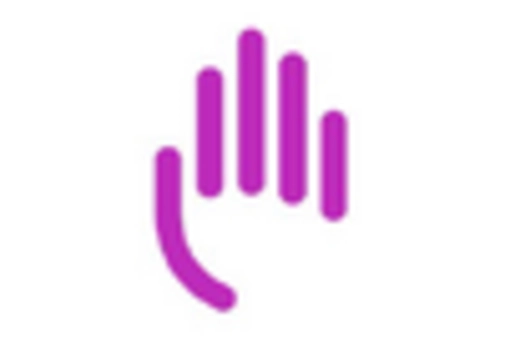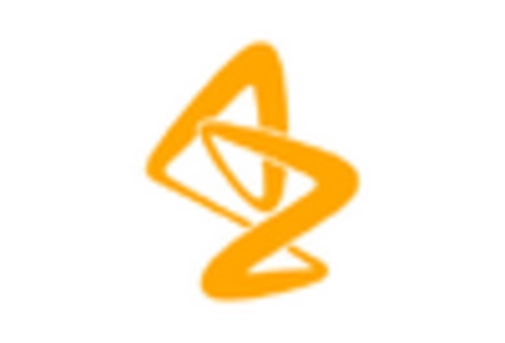Germany Cancer Biologic Therapy Market Summary
The Germany Cancer Biologic Therapy Market is projected to grow from 10.2 USD Billion in 2024 to 19.2 USD Billion by 2035, indicating robust growth potential.
Key Market Trends & Highlights
Germany Cancer Biologic Therapy Market Key Trends and Highlights
- The market is expected to expand at a compound annual growth rate (CAGR) of 5.96% from 2025 to 2035.
- By 2035, the market valuation is anticipated to reach 19.2 USD Billion, reflecting increasing investments in cancer therapies.
- In 2024, the market is valued at 10.2 USD Billion, showcasing a strong foundation for future growth.
- Growing adoption of biologic therapies due to advancements in treatment efficacy is a major market driver.
Market Size & Forecast
| 2024 Market Size | 10.2 (USD Billion) |
| 2035 Market Size | 19.2 (USD Billion) |
| CAGR (2025-2035) | 5.96% |
Major Players
Novartis, Genentech, Regeneron Pharmaceuticals, Merck KGaA, Eli Lilly, Amgen, Sanofi, Bayer, BristolMyers Squibb, AstraZeneca, Pfizer, GSK, Boehringer Ingelheim, Roche


